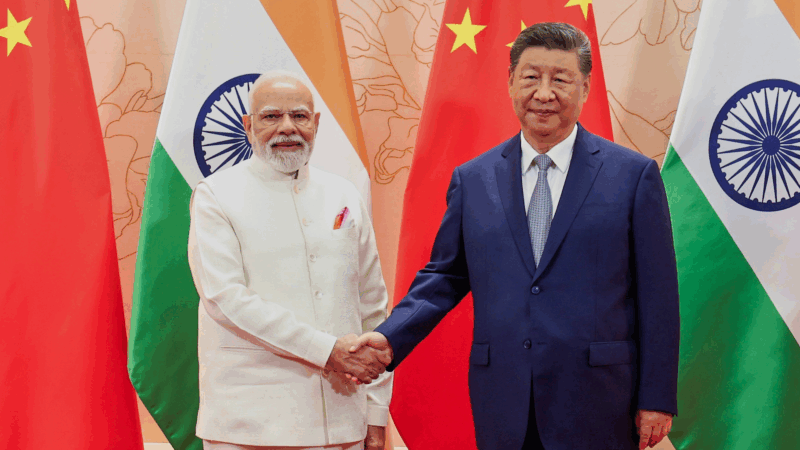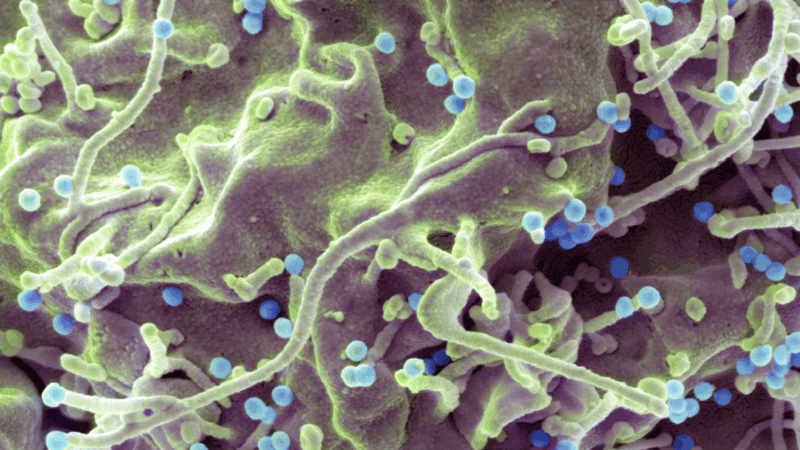China’s Xi and India’s Modi vow to resolve border differences at meeting in Tianjin
TIANJIN, China — Chinese leader Xi Jinping and Indian Prime Minister Narendra Modi pledged on Sunday to resolve their border differences and bolster cooperation, ahead of the opening of a regional summit in Tianjin.
Modi is on his first visit to China since relations between the two countries deteriorated after Chinese and Indian soldiers engaged in deadly border clashes in 2020. Modi is visiting as part of India’s membership into the Shanghai Cooperation Organization, a regional political, economic and security group founded by China.
Modi said in his opening remarks that relations with China have moved in “a meaningful direction,” adding that “there is a peaceful environment at the borders after disengagement.”
Xi said he hoped the Tianjin meeting will “further elevate” and “promote the sustained, healthy and stable development of bilateral relations,” according to state broadcaster CCTV.
The two sides should “not let the border issue define the overall China-India relationship,” Xi said, adding that economic development for both countries should be their main focus.
“As long as they remain committed to the overarching goal of being partners, not rivals, and providing development opportunities, not threats, China-India relations will flourish and move forward steadily,” Xi said.

Russian leader Vladimir Putin, who arrived in Tianjin on Sunday, is also due to meet with both leaders in the coming days.
Earlier in August, China’s top diplomat Wang Yi flew to New Delhi, as the two sides announced their rapprochement. Both governments pledged to restart border talks, and resume issuing visas and direct flights.
Wang’s visit coincided with U.S. President Donald Trump’s decision to impose 50% tariffs on India over its purchase of Russian oil, but Delhi’s process of rebuilding ties with Beijing had been in the works for months.
China and India this year have increased official visits and discussed easing some restrictions on trade and the movement of people across the border. In June, Beijing allowed pilgrims from India to visit holy sites in Tibet.
A new one-a-day-pill holds promise for HIV’s ‘forgotten population’
It's designed to take the place of complicated, multiple drug regimens that many people with HIV need to follow. And it's also beneficial because the HIV virus is always evolving.
For filmmaker Chloé Zhao, creative life was never linear
Director Chloé Zhao used meditation, somatic exercises and dance to inspire the cast and crew of this Oscar-nominated story about William Shakespeare's family.
10 new books in March offer mental vacations
March is always a big one for books – this year is no different. We call out a handful of upcoming titles for readers to put on their radars — offering a good alternative to doomscrolling.
Sen. Chris Coons, D-Del., talks about the war with Iran and upcoming war powers vote
NPR's A Martínez asks Delaware Democrat Chris Coons, a member of the Senate Foreign Affairs Committee, about the war with Iran.
The candy heir vs. chocolate skimpflation
The grandson of the Reese's Peanut Butter Cups creator has launched a campaign against The Hershey Company, which owns the Reese's brand. He wants them to stop skimping on ingredients.
Scientists make a pocket-sized AI brain with help from monkey neurons
A new study suggests AI systems could be a lot more efficient. Researchers were able to shrink an AI vision model to 1/1000th of its original size.







